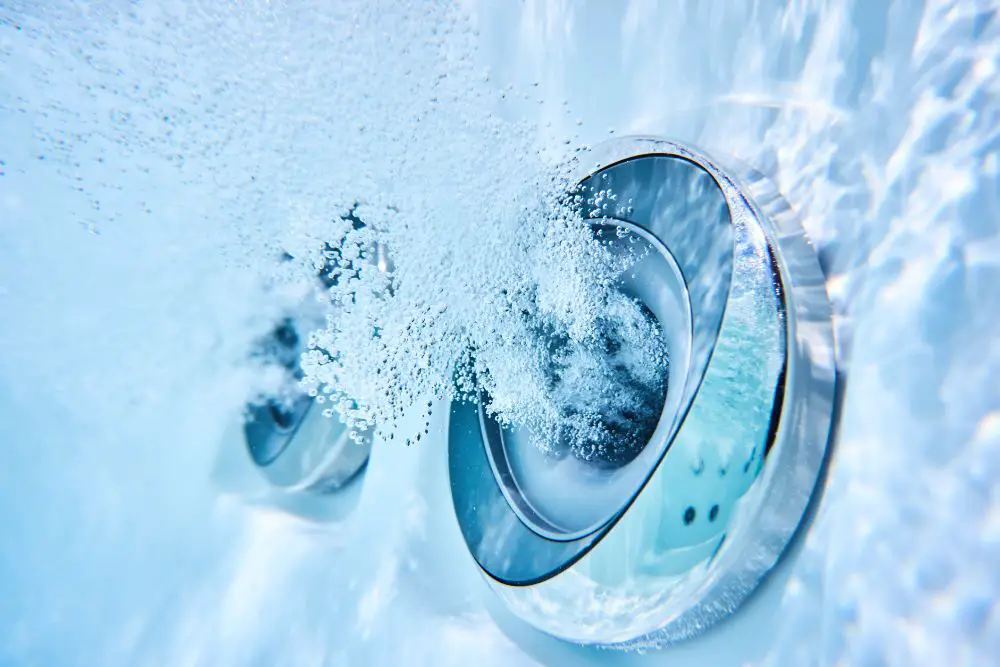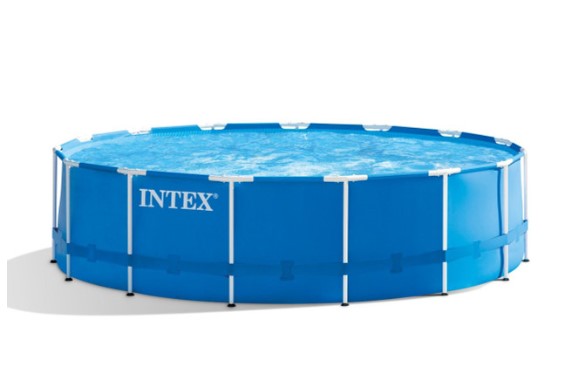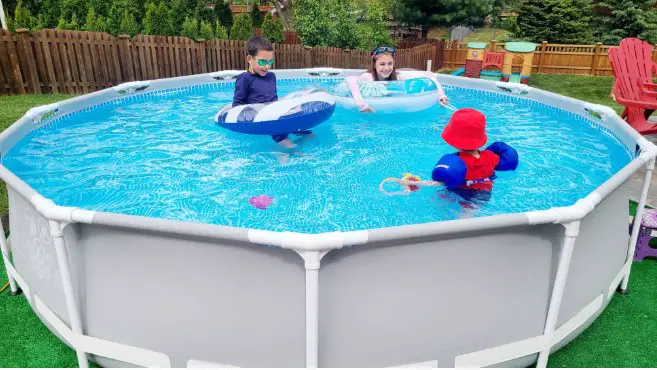Table of Contents
If you’re purchasing a hot tub, there’s an infinite number of benefits you can look forward to, from relaxation to various health benefits.
However, you may be trying to decide whether to opt for a saltwater hot tub or a conventional chlorine one.
You might be put off by the unpleasant odor created by chlorine hot tubs, as well as the irritation they can cause to sensitive skin.
But perhaps you’re also concerned that a saltwater hot tub will be more costly or require more maintenance.
Once you choose a particular hot tub system you’re stuck with it, and you don’t want to regret your choice and end up wasting all of that money on a hot tub that doesn’t cater to your needs.
To help you make an informed decision, we’ve put together this handy guide on saltwater hot tubs, and we’ll be discussing if they’re really a better option than chlorine tubs.
What is a saltwater hot tub?
First of all, you might be confused about how a saltwater hot tub actually works.
Basically, any hot tub can be a saltwater hot tub with a little help from a salt-chlorine generator.
With these types of generators, rather than adding chemicals to your tub to keep it clean, you instead add salt (about two pounds per 100 gallons of water), and this dissolves to produce natural chlorine.
Don’t worry, this won’t make your water super salty.
Compared to seawater, which has a salt concentration of around 35,000 parts per million (ppm), a saltwater hot tub has a concentration of just 1,750 ppm, but it’s estimated that humans taste salt in water at concentrations of 3,000-4,000 ppm – so that’s why you can taste the salt in the sea but not in a saltwater hot tub.
How much does a saltwater hot tub cost?
Saltwater hot tubs can be a little expensive to purchase, mainly due to the salt chlorine generator that you need in order to use one.
While these might cost a lot at first, you’re likely to save money in the long run, as their maintenance is generally cheaper than the maintenance of traditional chlorine hot tubs.
Prices for saltwater hot tubs usually range from around $2,000 to $32,000, and saltwater systems between $500 and $5,000.
So, depending on the brand and quality of the hot tub and system you go for, you could spend anywhere between $2,500, to $37,000.
Benefits of saltwater hot tubs
Softer water
Because saltwater produces a more moderate amount of chlorine, the water in a saltwater hot tub is consistently softer for longer periods before draining and refilling your hot tub.
This also increases the buoyancy of the water, which provides a softer feeling when you’re soaking in it.
Gentler on your skin and eyes

The steady flow of naturally produced chlorine means less harsh chemicals are released, which can irritate your skin and cause it to become dry and cracked.
Sensitive eyes and skin are prone to irritation from chlorinated water, but in saltwater, the natural production of chlorine means chloramines are less likely to build up, resulting in less irritation to skin and eyes.
No unpleasant odors
We’re all familiar with the unpleasant scent of chlorine, and this can be a major drawback of chlorine hot tub systems, as the smell often lingers on your hair and skin afterward.
On the other hand, salt systems prevent the mutation of chlorine into chloramines (responsible for that foul smell) and when natural chlorine molecules are used up, they revert to odorless sodium chloride or salt.
Increased buffering capacity of the water
By getting the salt and water ratio right in your hot tub, you can avoid water chemistry fluctuations.
The minerals in the salt help the water withstand changes in alkalinity, pH balance, and calcium hardness.
Maintenance is Cheaper
Once the set-up is complete, the salt system takes care of itself, and will continuously sanitize the water. Some advanced saltwater hot tub models can even boost chlorine levels during times of heavier use.
The only maintenance you need to carry out is to test the water at least once a week. There’s no need to purchase or handle hot tub chemicals like chlorine tablets or bromine, which means you save money on these items and reduce the risk of pets or children getting hold of these dangerous chemicals.
Drawbacks of saltwater hot tubs
While saltwater hot tubs have many benefits, there are some drawbacks you should be aware of, too.
The initial cost is high
Like we said previously, the initial cost of saltwater hot tubs is higher than traditional hot tubs.
Even adding a saltwater system to your existing hot tub can cost anywhere between $500 to $5,000.
Cost of cell replacement
A salt cell will usually last between 2-5 years depending on its quality, frequency of use, and how well it is maintained.
Salt cells are made from parallel titanium plates that can eventually chip off due to low salt levels, wear and tear, or failing to care for them.

Risk of corrosion
It’s also worth considering the fact that salt is corrosive to metal.
Therefore, you should be wary of saltwater systems causing damage to heaters, liners, and underwater lighting if salt levels are too high.
Water needs to remain above 60℉
Finally, another criticism of saltwater hot tubs is that they need to remain above 60 degrees Fahrenheit, otherwise they may not effectively produce water chlorination.
When the temperature drops below this point, the salt system may struggle to produce chlorine even if the cell is running.
Most saltwater systems shut down automatically when they sense that the water temperature is too low, which could also reduce the chlorine level and could even create a breeding ground for microorganisms and bacteria.
Final Verdict
There are lots of benefits to a saltwater hot tub, and, overall, these are definitely a healthier alternative to traditional hot tubs as they’re far less harsh on the skin.
The main drawback is the initial cost of installing a saltwater system or hot tub, although you’ll save money in the long run as maintenance is lower and less expensive.




